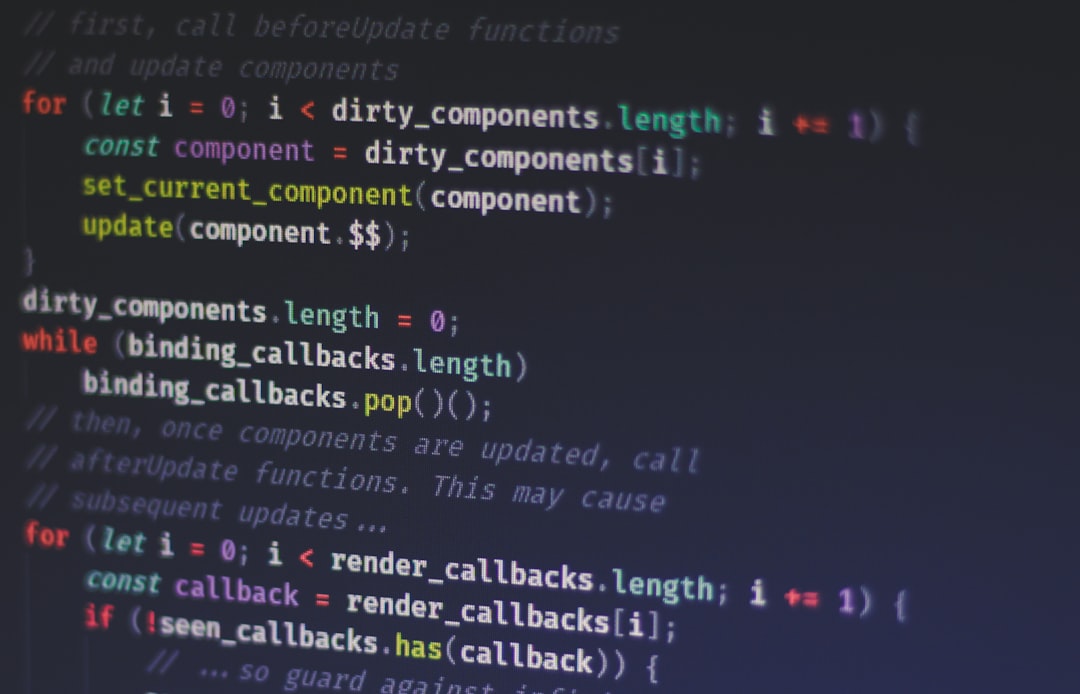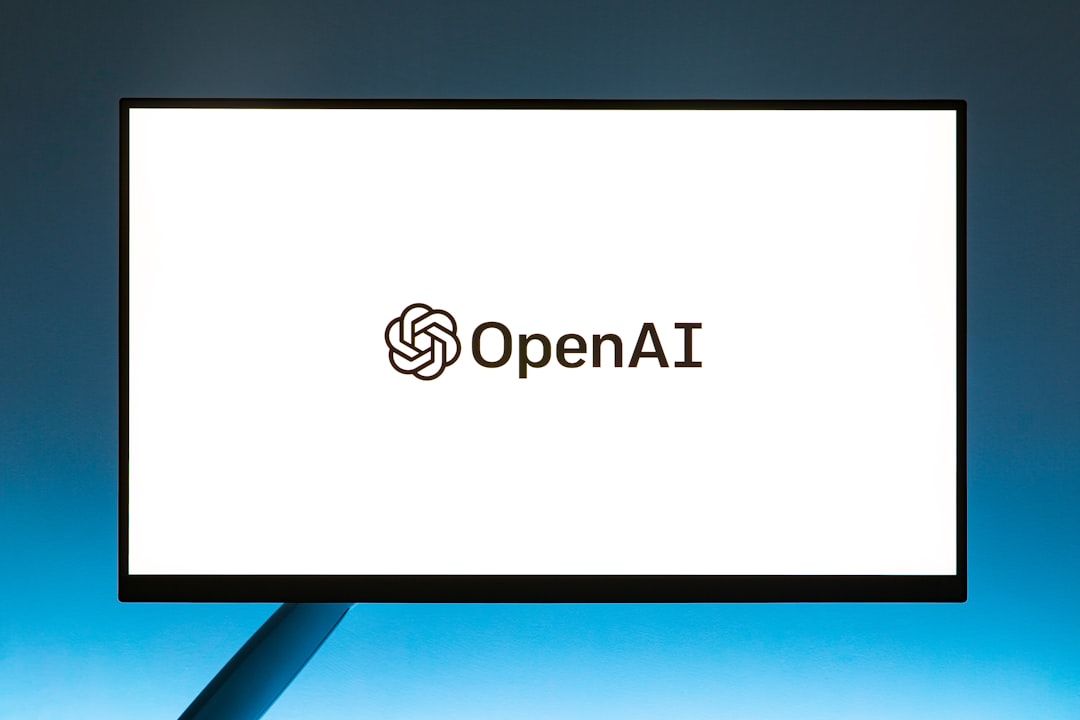Artificial Intelligence in software development has transformed how code is written, debugged, and optimized. Cursor AI and Github Copilot have gained attention as powerful code-generating assistants, yet open-source communities and independent developers are creating potent alternatives—some even outperforming the big names.
This article highlights 10 top open-source alternatives to Cursor AI that offer intelligent code completions, learning capabilities, and customizability—often without the vendor lock-in or subscription costs associated with commercial offerings.
1. CodeGeeX
CodeGeeX is a multilingual code generation model developed by researchers at Tsinghua University. It supports over 20 programming languages and can handle code translation, generation, and explanation, all in an open-source framework.
Its model weights are fully open, making it an ideal choice for those who value transparency and control.
2. Tabby
Tabby is a fully self-hostable AI coding assistant built around the Transformer architecture. It is tailored for enterprise-grade performance and integrates directly into IDEs like VS Code and JetBrains.
Unlike Copilot, Tabby is open source, respects user privacy, and allows custom training on private codebases.

3. Continue
Continue is a development environment plugin, particularly for VS Code, that brings in support for popular LLMs like GPT-4, Mistral, and Claude. It’s designed to work in a context-rich way, drawing from your codebase to deliver accurate, helpful suggestions.
Continue’s configuration flexibility places it among the most versatile alternatives to Cursor AI.
4. Bloop
Bloop specializes in semantic code search, making it especially useful for navigating large codebases. With support for major programming languages and integration with Git repositories, it’s an excellent AI-driven development tool for improving productivity.
Bloop’s strength lies in its ability to understand the meaning of code—not just syntax.
5. Aider
Aider is a command-line coding assistant that uses AI models like Claude or GPT to suggest edits directly to your Git-tracked code. It’s unique in its tight integration with Git, enabling suggested code changes as actual diffs that can be reviewed and committed.
This makes Aider particularly powerful for teams already grounded in Git-based workflows.
6. Kosmos
Kosmos is geared toward full control over inference and deployment. Built to be modular and efficient, Kosmos lets you fine-tune and deploy LLMs for code generation with ease. Its transparency and developer orientation supports adoption across startups and research domains.
7. OpenDevin
OpenDevin is an open-source take on the much-hyped Devin AI. It acts as a full autonomous software engineering agent, not just auto-completing code but helping you plan, test, and run development tasks collaboratively.

If you’re looking for an assistant that can act almost like a junior developer with autonomy, OpenDevin is a promising direction.
8. Sweep AI (Open Source Version)
Sweep AI is known for automating code reviews and PR creation. An open-source version of Sweep gives developers access to advanced automation tools that plug directly into workflows, speeding up code validation and testing.
Sweep’s emphasis on quality and automation makes it an ideal alternative for team-based development environments.
9. Phind (Self-Hosted Models)
Phind is best known as a search-oriented developer assistant, but its open-source models can be locally hosted for custom use cases. It excels in providing fast, context-aware completions and documentation explanations that are especially helpful during exploratory coding sessions.
10. FauxPilot
FauxPilot is a drop-in, open-source replacement for GitHub Copilot. It uses the same API structure, allowing seamless migration. With model weights based on the CodeGen series and others, it brings decent predictive code completion and explanation capability to local or server-based environments.
This makes FauxPilot one of the strongest contenders for teams that want maximum control without compromising on performance.
Final Thoughts
As powerful and convenient as Cursor AI and Github Copilot may be, they are not the only options available—nor always the best. The rise of open-source AI coding tools gives developers unprecedented flexibility, insight, and autonomy in their workflows.
Whether your priorities lie in data privacy, cost-efficiency, IDE integration, or customizability, these 10 open-source alternatives offer compelling reasons to explore beyond proprietary tools.
As the AI development ecosystem continues to evolve, expect even more advancements in these tools, further closing the gap between open-source and commercial AI systems.




